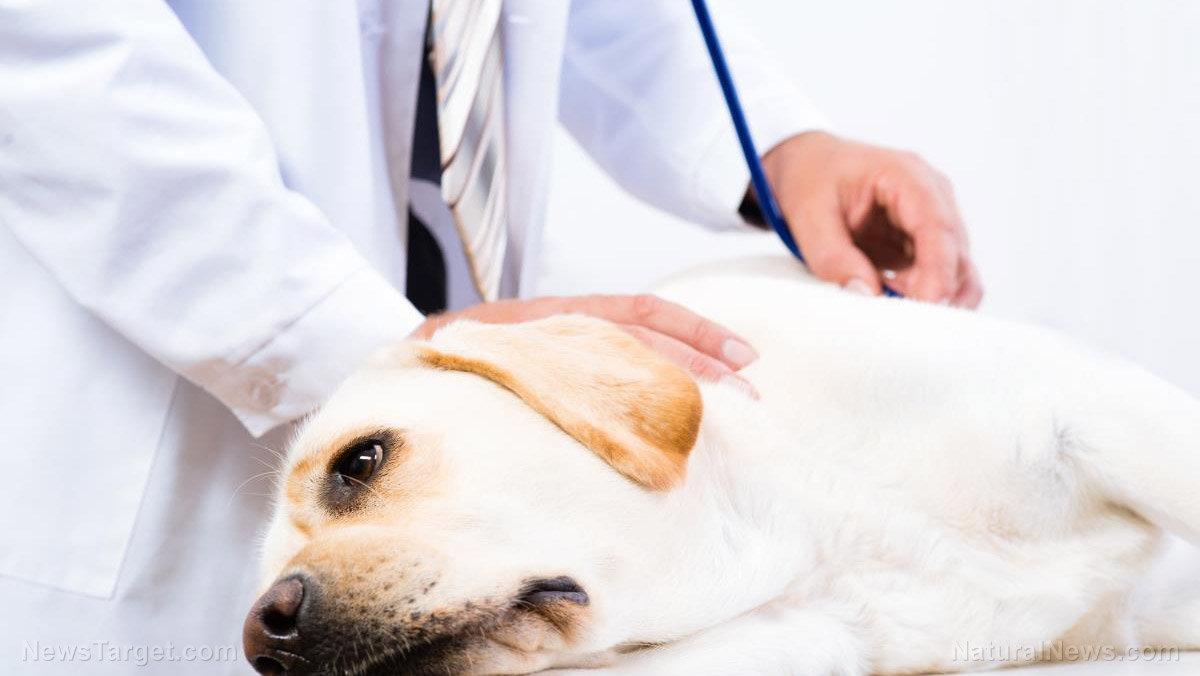
According to Riley's father Mark Hancey, the patient was admitted to the University of Utah Hospital on Dec. 2, weeks after suffering bouts of severe pneumonia after Thanksgiving. The patient was eventually put on life support after two weeks of admission. Riley was denied transplant eligibility at the hospital in April after health care personnel found traces of marijuana in his system. According to Mark, his son smoked marijuana with his friends on Thanksgiving.
According to Mark, the university's denial of his son's life-saving lung transplant has prompted the family to look for other hospitals across the country that will allow the transplant. After searching for two months, the Hospital of the University of Pennsylvania in Philadelphia accepted Riley and added him to its transplant list. The surgeons performed a double lung transplant on Riley on March 29. Riley spent nearly 70 days in the intensive care unit at the hospital. During his hospital admission, Riley relied heavily on tracheotomy and a lung machine to provide oxygen to his blood.
A YouCaring fundraiser was set up in February to assist the family in their out-of-pocket expenses. The page raised nearly $24,400 for Riley and the Hancey family. According to the website, nearly 250 people donated to the cause. The family confirmed Riley's passing on the same website. "It is with heavy hearts, we are devastated to announce that Riley Hancey passed away from complications of a lung transplant. We are extremely thankful to all the wonderful doctors and staff at the University of Pennsylvania and the University of Utah for their expertise and care that Riley received. We would also like to thank the donor family, who in their own grief chose to save a life. We will never forget your kindness and generosity...He will live in our hearts forever. Riley is now free to climb every mountain, ski the back country, go fishing, and run every river. He will continue to do so with his family in spirit. In his honor, we ask that you take a moment to do a random act of kindness for someone. Riley’s kind spirit, laughter, and smile will be deeply missed by all that knew him,” the YouCaring website reads.
Transplant policies influence patient eligibility
While the university hospital refrained from commenting about certain patients, a spokesperson cited the hospital's organ transplant policy, stating that the medical facility does not transplant organs in patients with a history of active alcohol, tobacco, or illicit drug use. The spokesperson added that patients may remain ineligible until they undergo a treatment or cessation program. According to the spokesperson, the policy was set to ensure that patients have greater survival chances after surgery and during recovery.
According to the university's dedicated lung transplant webpage, surgeons perform lung transplant surgery for patients suffering emphysema, interstitial lung diseases, and cystic fibrosis as well as bronchiolitis obliterans, pulmonary hypertension, and lymphangioleiomyomatosis. The webpage also stressed that lung transplant patients should be able to adjust to a lifetime of medications. The patients should also receive strong support from family and friend before, during, and after the procedure.
In addition, the university noted that lung transplant candidates are not allowed to use marijuana, tobacco, or e-cigarettes for at least six months prior to evaluation.
Sources include:
Please contact us for more information.























